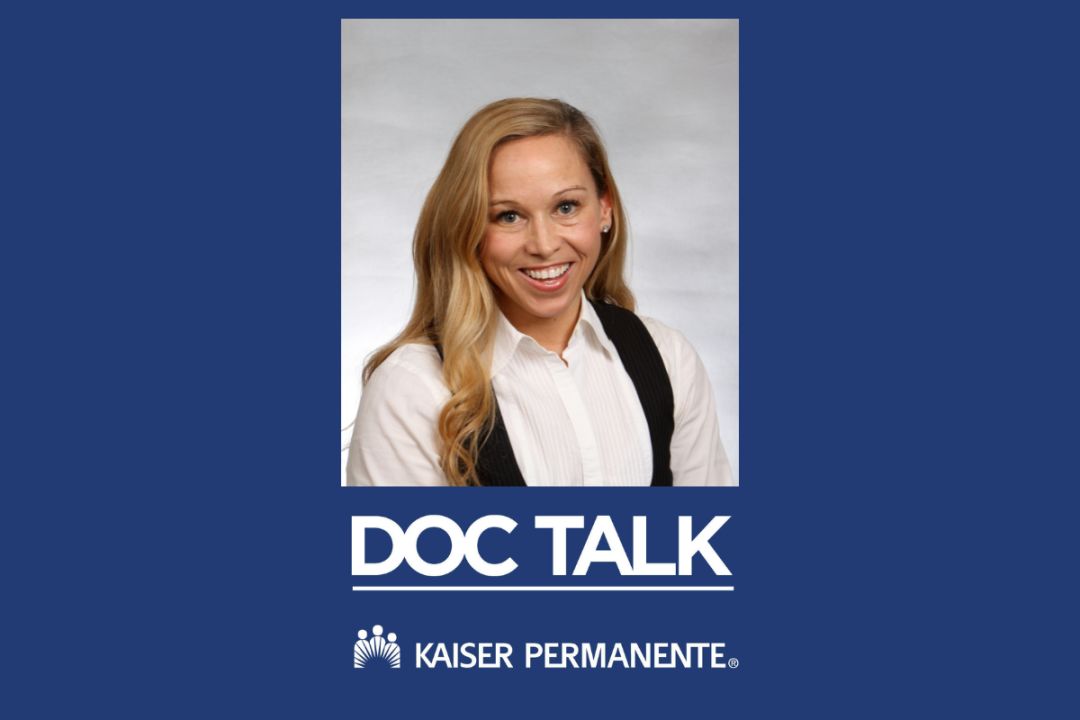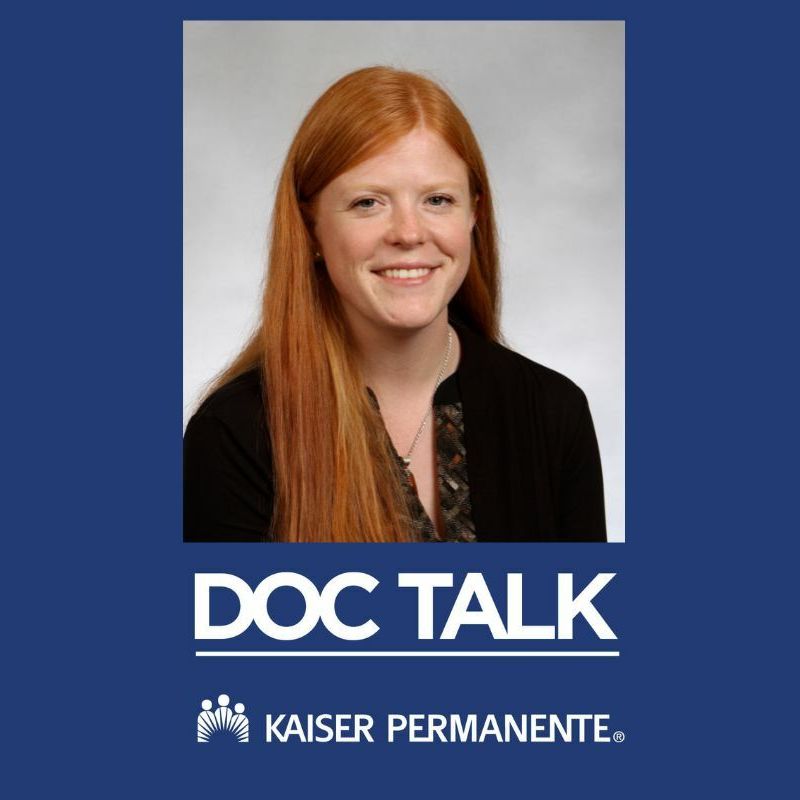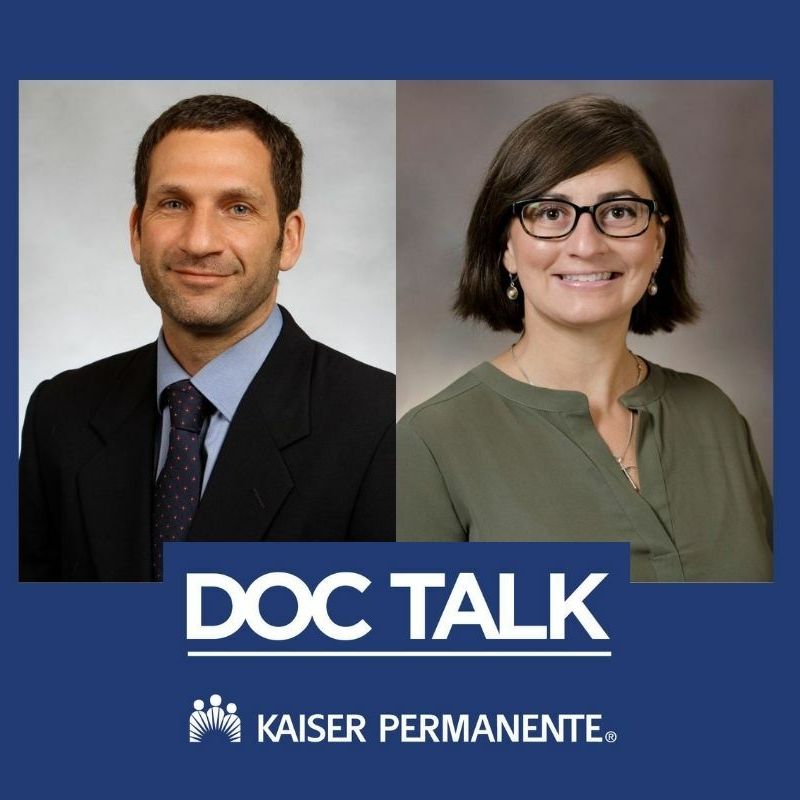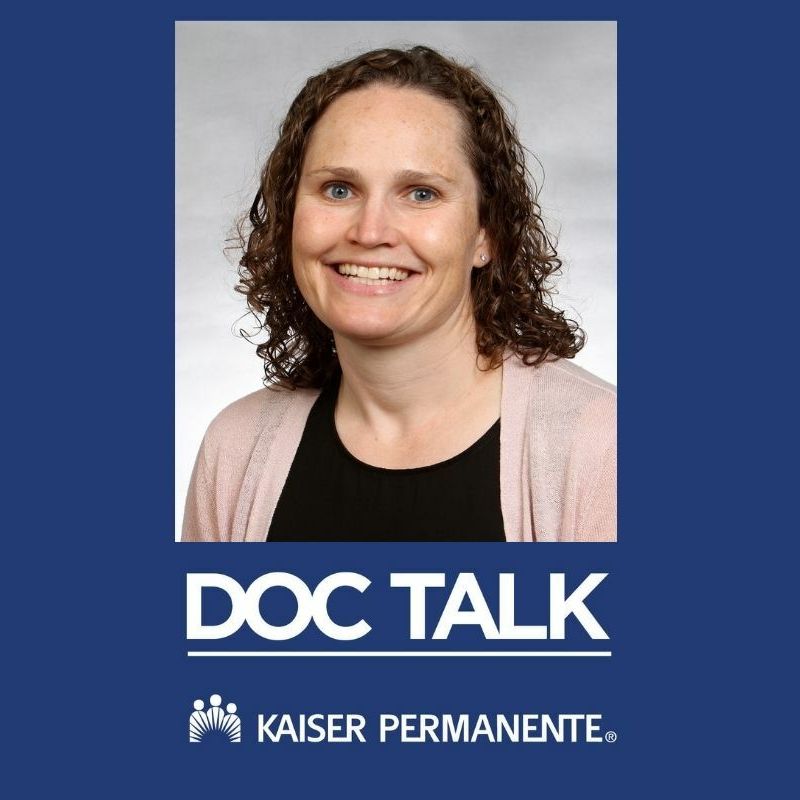DOC TALK: Your questions – answered: Tips for talking to someone with cancer

Katie Deming, MD, Radiation Oncologist
Sometimes, when we talk to patients who have cancer, we say the wrong thing, over and over and over. We tell them they’re in the midst of a battle, or a war. We tell them they can beat it if they fight it, if they’re strong, if they never give up.
But what if all the pain, suffering, and indignity they’ve endured in chemotherapy has left them wanting to close their eyes and rest peacefully in the knowledge that their time has come? Urging them to fight is not going to make them feel better. It might make them feel worse — as if they did not try hard enough and failed.
“There’s better healing language that can be used,” says Katie Deming, MD, radiation oncologist and former medical director of cancer services for Kaiser Permanente in Portland, Oregon. “But it’s going to be different for everyone.”
Dr. Deming answers your questions about how to change the way we talk to patients with cancer — and give the patients a voice in how we discuss their illness.
Q: Do cancer patients have special communication needs?
People with cancer often feel confused, alone and scared, and they have special communication needs when they’re feeling so isolated.
Q: When you reach out, what should you say?
It’s fine to acknowledge that you’re not sure what to say. You can start by simply saying “I’m here for you,” or “I’m thinking about you, please let me know how I can best support you.” It is important to ask how you can best support them, because every person is different and has different needs.
When I asked a close family member with breast cancer how she could be most supportive, her relative said she loved to see photos of house pets. So, rather than daily texts that put the onus on the patient – How are you? – Dr. Deming sent along photos of her pets.
They were a big hit — which isn’t surprising. Laughing at a cat chasing its own tail is a nice respite from “fighting for your life.”
Q: Is there anything you shouldn’t say to someone with cancer?
When it comes to cancer, most of us rely on language that suggests “fighting” means it can be “beaten,” a comforting sentiment that puts off unpleasant thoughts about death and provides a sense that the illness is temporary and soon everything will be back to normal.
But it can mean something else entirely for the patient. Some may feel compelled to give chemotherapy or other treatments another try because they don’t want to “give up the fight” and disappoint their family when they’d really rather accept their mortality and die on their own terms.
Using the language of the battlefield doesn’t motivate these patients. In fact, in some cases it may increase cortisol levels and anxiety and weaken the immune system. Rather than being calming and supportive, this language could aggravate their suffering.
Q: How often should you reach out?
Sending daily texts saying “how are you doing” can actually put a burden on your friend or loved one to respond, so it’s important to ask them what messages they find most helpful. Encourage friends with cancer to reflect on what feels best to them so you can support them in the most caring and thoughtful way.
Cancer can be a long journey, so it’s vital to create a sense of peace to facilitate healing. Ask yourself what you want them to feel – calm, peace, comfort – and think about if your communication is achieving that goal.









